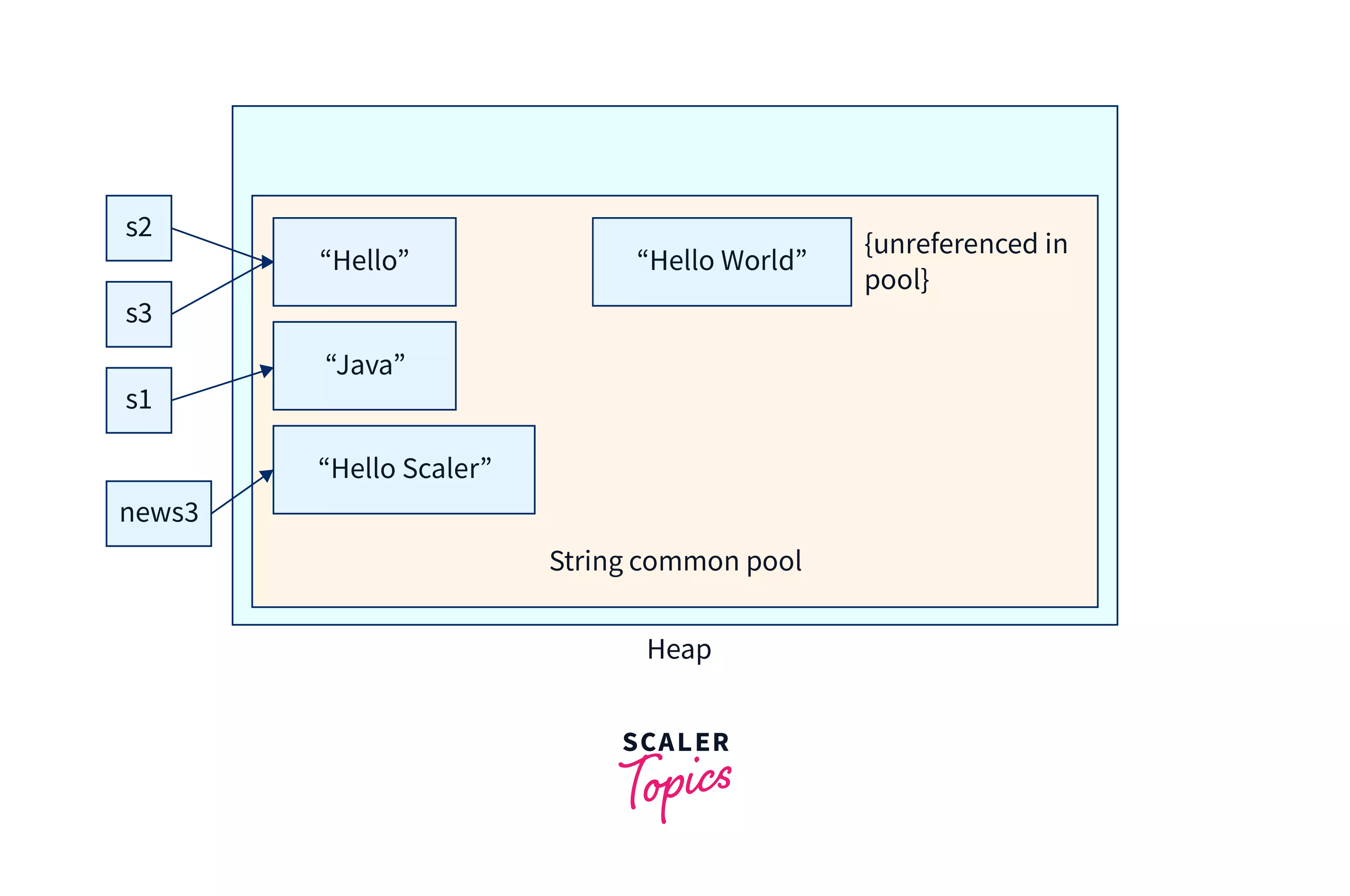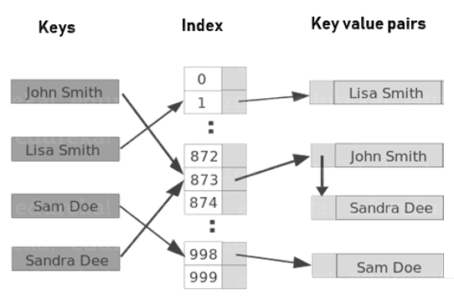Why Are Strings Immutable in Java? Security and Efficiency Conveniences
What Is Immutable Strings and How It Functions
In the world of shows, comprehending the concept of unalterable strings is extremely important for producing robust and safe applications. Unalterable strings refer to strings that can not be changed after they are developed, guaranteeing information integrity and predictability within the code.
The Basics of Immutable Strings
Immutable strings, as a basic idea in programming, are personality series that can not be changed once they are produced. This implies that as soon as a string is appointed a value, that value can not be changed. In languages like Python and Java, strings are immutable objects, bring about numerous implications in regards to memory administration and data stability.
One of the essential benefits of unalterable strings is that they supply a complacency in data manipulation. Given that the content of an unalterable string can not be changed, it makes certain that the initial data continues to be intact, minimizing the danger of unintended changes during program implementation (Why are strings immutable in Java?). This building also simplifies debugging procedures, as developers can rely on that once a string is specified, its value will not be accidentally changed
When a new string is produced based on an existing one, instead than modifying the original string, the brand-new worth is stored individually. Overall, recognizing the basics of unalterable strings is crucial for mastering programs ideas and enhancing code efficiency.
Advantages of Unalterable Strings
Building upon the protection and efficiency benefits of immutable strings, their benefits reach boosting code dependability and simplifying concurrent shows jobs. By being unalterable, strings can not be modified after development, which removes the risk of unintended modifications in the information they save. This fundamental immutability ensures that once a string is developed, its value continues to be consistent throughout the program's implementation, lowering the chances of pests brought on by unexpected modifications.
In addition, unalterable strings add to code reliability by making it simpler to reason about the state of a program. Considering that strings can not be transformed, designers can rely on that a string will constantly hold the same value, simplifying debugging and upkeep initiatives. This predictability leads to a lot more steady and dependable codebases.

Implementation in Programming Languages
Within various programs languages, the incorporation of unalterable strings is an essential element that influences how information is handled and controlled within code frameworks. The application of immutable strings differs throughout different programming languages, with each language offering its own devices to support this concept.

On the other hand, languages like C and C++ do not have built-in support for immutable strings. Developers in these languages should manually implement immutability by enforcing regulations within their code to protect against direct adjustments to string things.
Finest Practices for Functioning With Immutable Strings
When dealing with unalterable strings in programs languages like Java and Python, adhering to finest practices ensures secure and reliable data control. One of the essential finest methods is to make use of StringBuilder or StringBuffer rather of straight manipulating strings, especially when managing considerable concatenation operations. These courses give mutable choices for string control, aiding to prevent unnecessary memory allowances and improving performance.
Another ideal practice is to make use of string interpolation or formatting works supplied by the language as opposed to hands-on concatenation. This not just boosts readability however also aids in preventing common mistakes such as unintentional string adjustments. In addition, when working with delicate data such as passwords next page or API keys, it is crucial to stay clear of keeping them as simple text in immutable strings. Making use of safe storage space mechanisms like char varieties or specialized collections for managing sensitive details aids reduce safety and security dangers connected with immutable strings.
Real-world Applications and Instances
Discovering practical implementations of unalterable strings in different industries reveals their significant influence on information stability and system dependability. In the health care sector, unalterable strings play an important role in making certain the safety and security and confidentiality of patient data. By stopping unauthorized alterations to delicate information such as clinical documents and prescriptions, unalterable strings aid preserve compliance with rigorous personal privacy regulations like HIPAA.
Economic institutions additionally take advantage of the unalterable nature of strings to improve the security of client data and transaction records. Unalterable strings assist avoid fraudulence and unapproved modifications to economic details, providing a durable defense against cyber risks and ensuring the trust fund and self-confidence of customers.

Final Thought
In verdict, unalterable strings are repaired and site stable series of personalities that use advantages such as string safety and security and improved efficiency in shows. They are carried out in different shows languages to guarantee data honesty and safety. Finest techniques for dealing with immutable strings include staying clear of direct modifications and using approaches that return new string things. Real-world applications of immutable strings consist of data file encryption, caching, and string adjustment tasks.
Unalterable strings refer to strings that can not be modified after they are developed, making certain information integrity and predictability within the code. When a new string is produced based on an existing one, instead than modifying the original string, the new worth is saved separately.In languages like Java and Python, strings are immutable by default, implying that as soon as a string things is produced, its worth can not be altered - Why are strings immutable in Java?. Finest practices for working with unalterable strings consist of staying clear of straight alterations and using techniques that return brand-new string things. Real-world applications of unalterable strings consist of information file encryption, caching, and string adjustment tasks